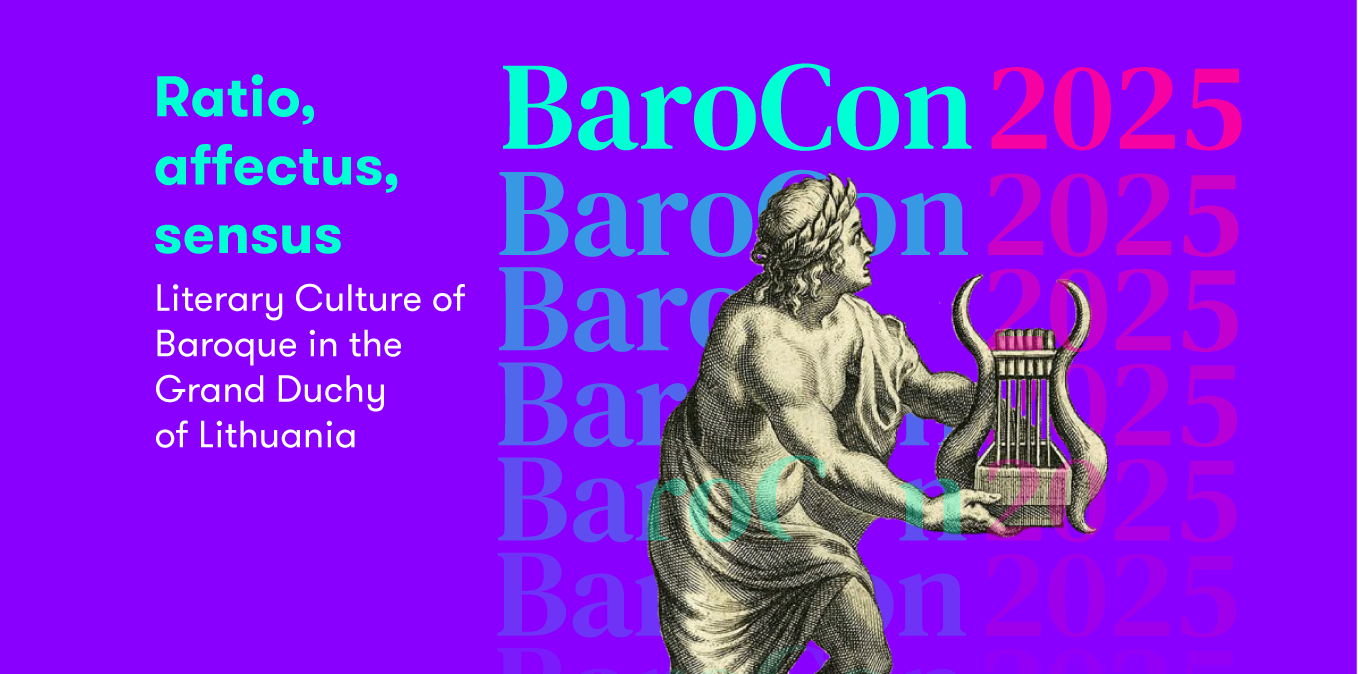
Aistė Kučinskienė
Baroque Literature and Sarbievijus in Lithuanian Schools: From Neglect to Prosperity
Aistė Kučinskienė
Vilnius University
Baroque Literature and Sarbievijus in Lithuanian Schools: From Neglect to Prosperity
Keywords: Lithuanian school curricula, literary canon, reception of Baroque literature, Sarbievijus
The literary history taught in schools both reflects and shapes the cultural values of a particular society, contributing to the formation of collective cultural narratives (John Guillory). In contemporary Lithuania, school curricula, textbooks, and other educational materials emphasize the Baroque period as a remarkable era, highlighting the Vilnius Baroque school and the works of the great Baroque genius Motiejus Kazimieras Sarbievijus, among others. The 21st century’s curricula and textbooks present Lithuanian Baroque as “the most prolific cultural period of the Grand Duchy of Lithuania”. However, the reception of Lithuania’s Baroque literature in both scholarly and educational contexts was significantly reshaped over the last decades, compared to its earlier reception. During the interwar period, Lithuanian literary canon taught in schools was constructed around its “Lithuanianness” and nation’s spirit. As a result, Baroque literature, written in other languages, was largely neglected (Sarbievijus appeared in only one textbook in 1932). Lithuania’s Baroque literature was also marginalized during the Soviet era, as neither the Baroque worldview nor Sarbievijus’s poetry aligned with Soviet ideology. The revival of Baroque literature in educational materials began in the 1990s, partly due to the 400th anniversary of Sarbievijus in 1995. This shift was also influenced by the concept of multilingual national literature, which began to gain importance during this period but was completely overshadowed by the ethnolinguistic notion of Lithuanian literature throughout the 20th century. In this paper, using the approach of descriptive canon research, I will examine the reasons behind the neglect of Baroque literature throughout the 20th century and the factors that contributed to its prosperity in contemporary Lithuanian schools. I will also explore the recent increase in the canonicity of Sarbievijus, linking these changes in the literary canon to shifts in collective cultural narratives.